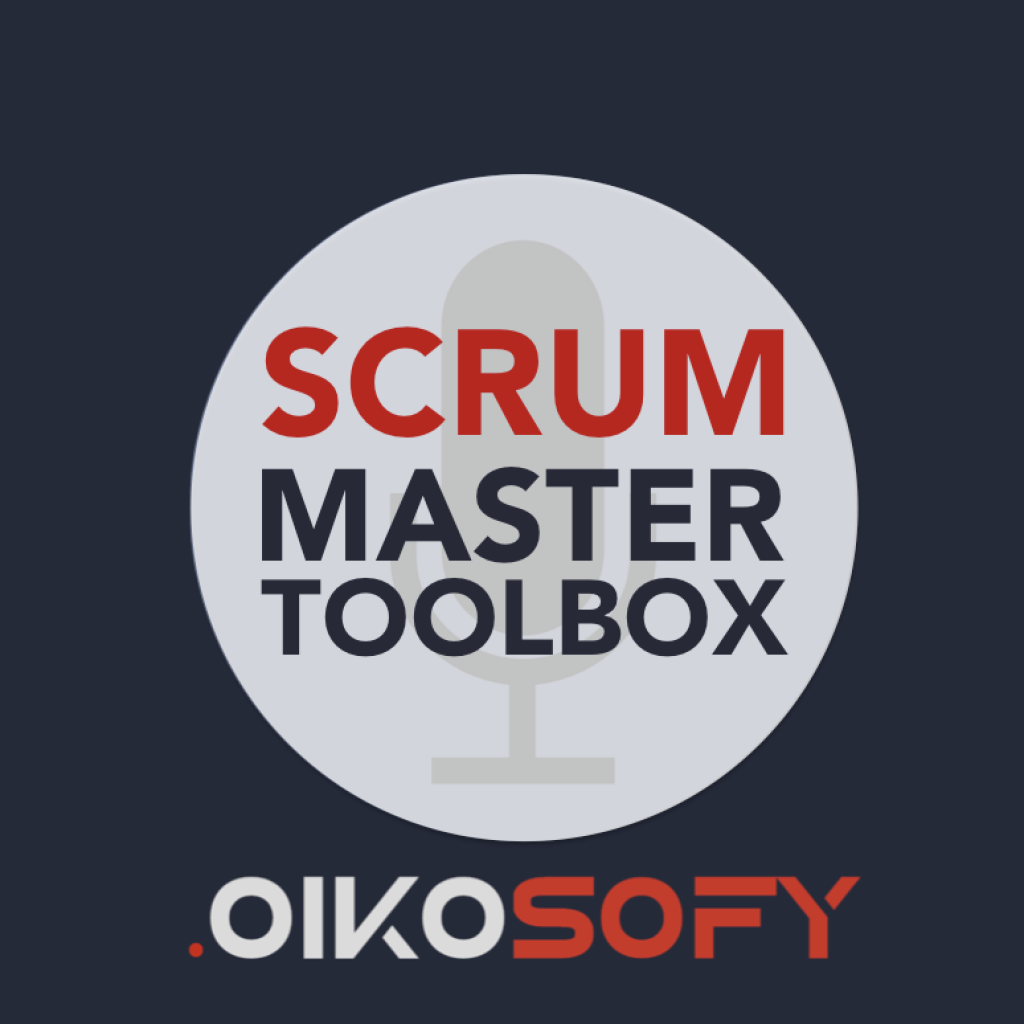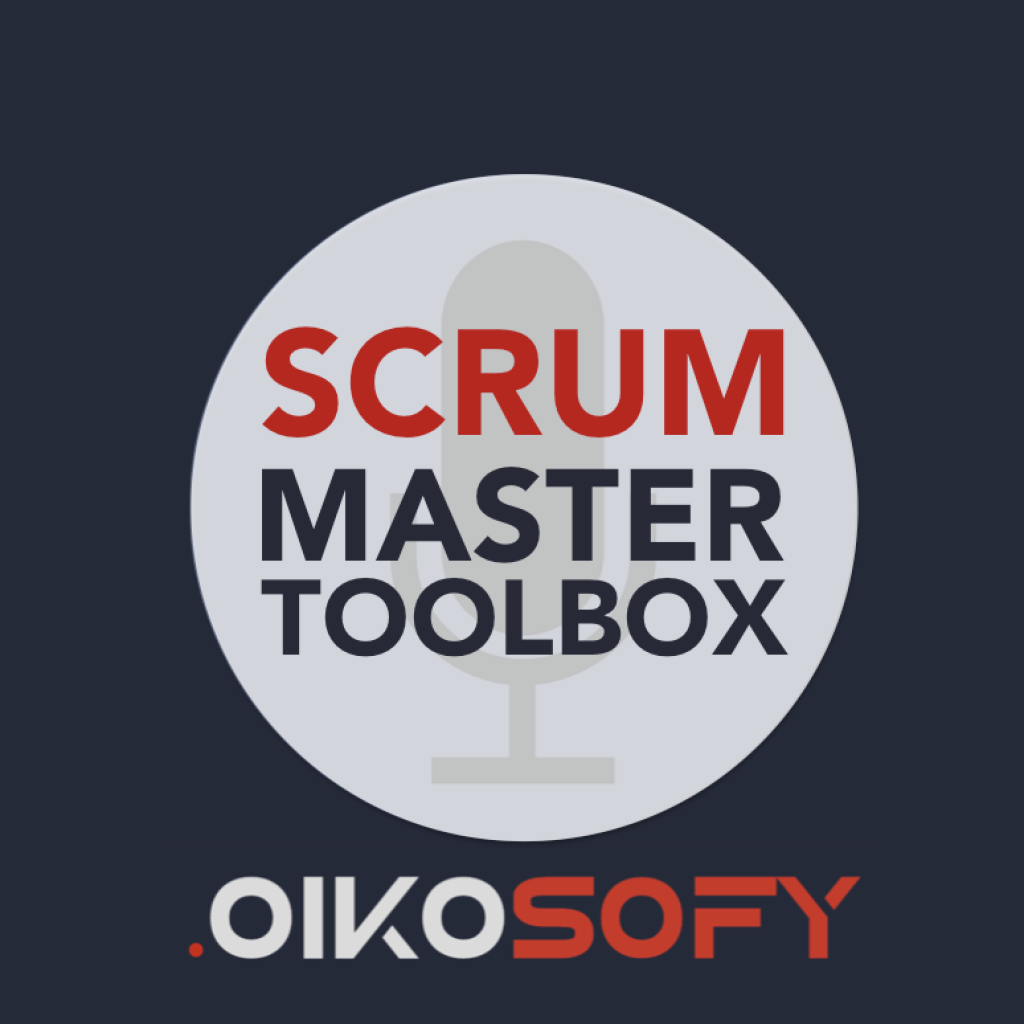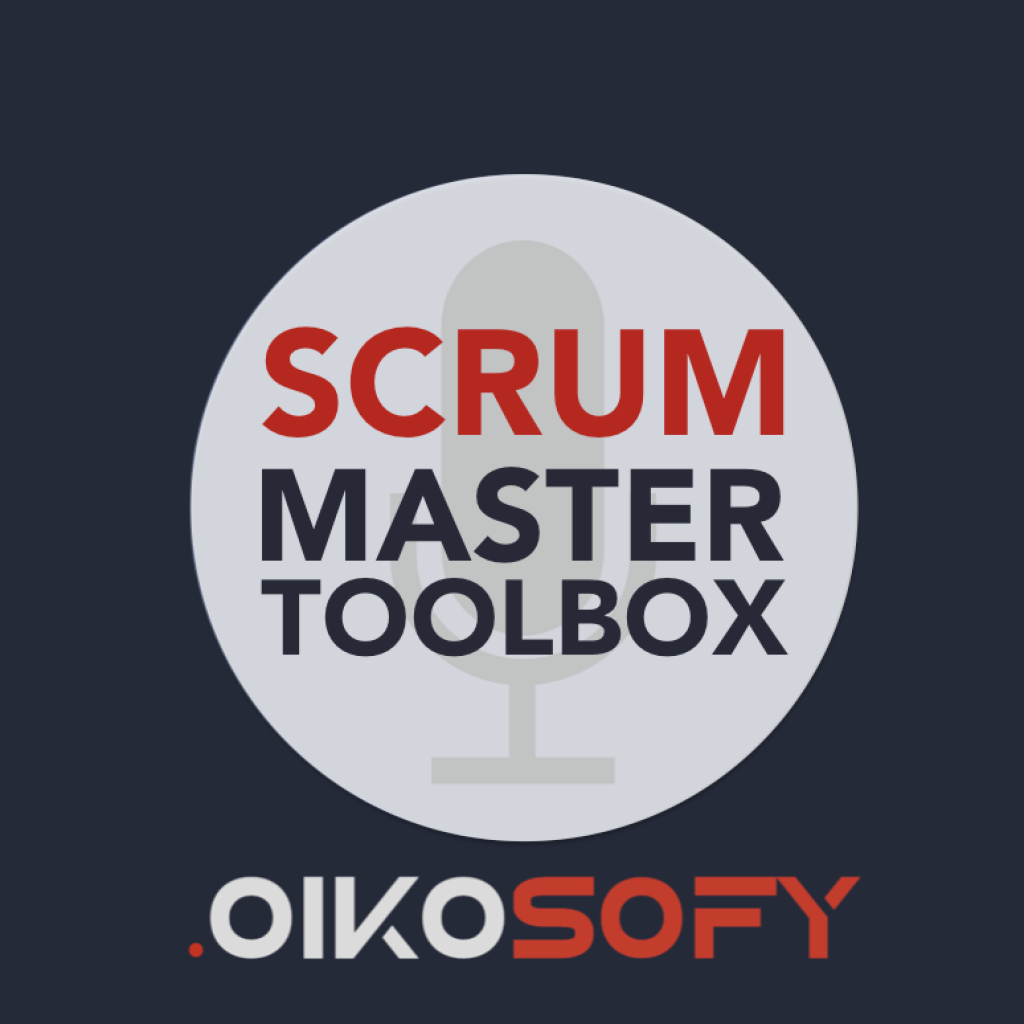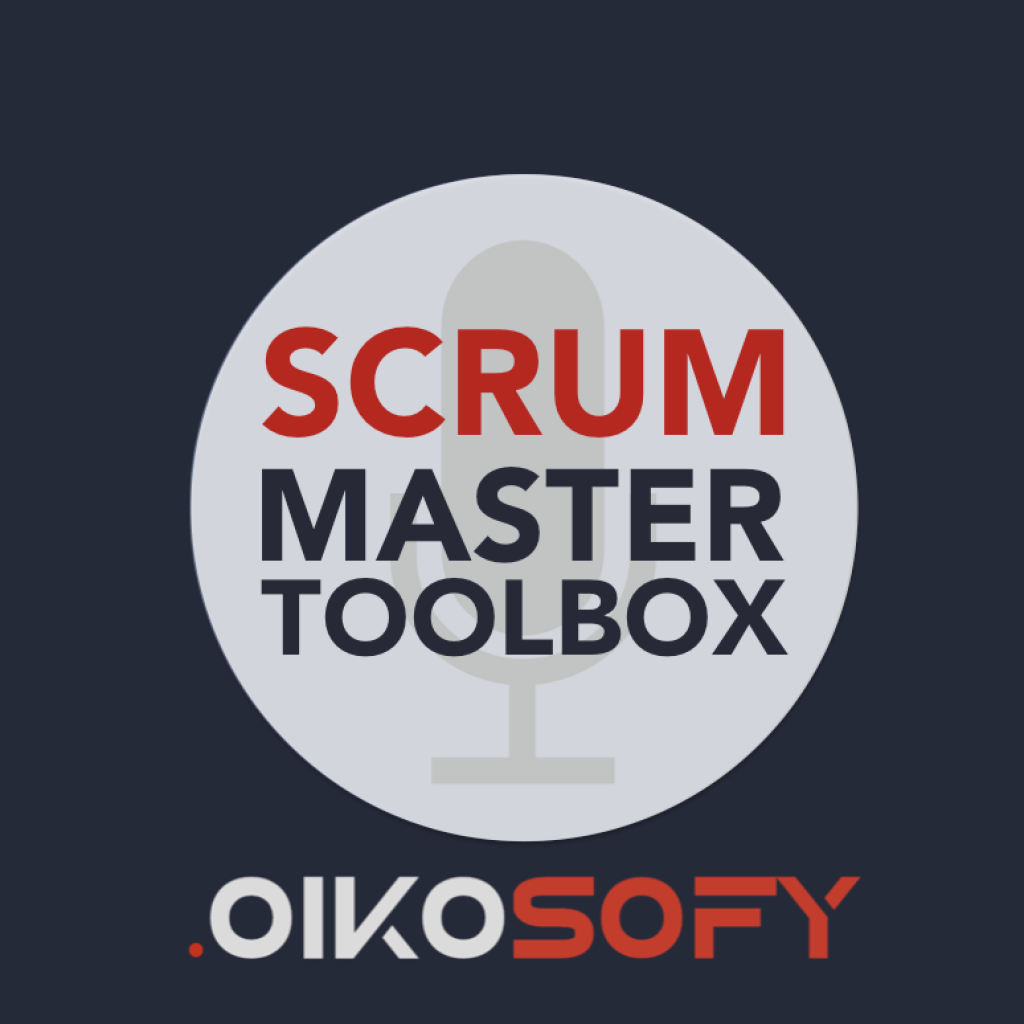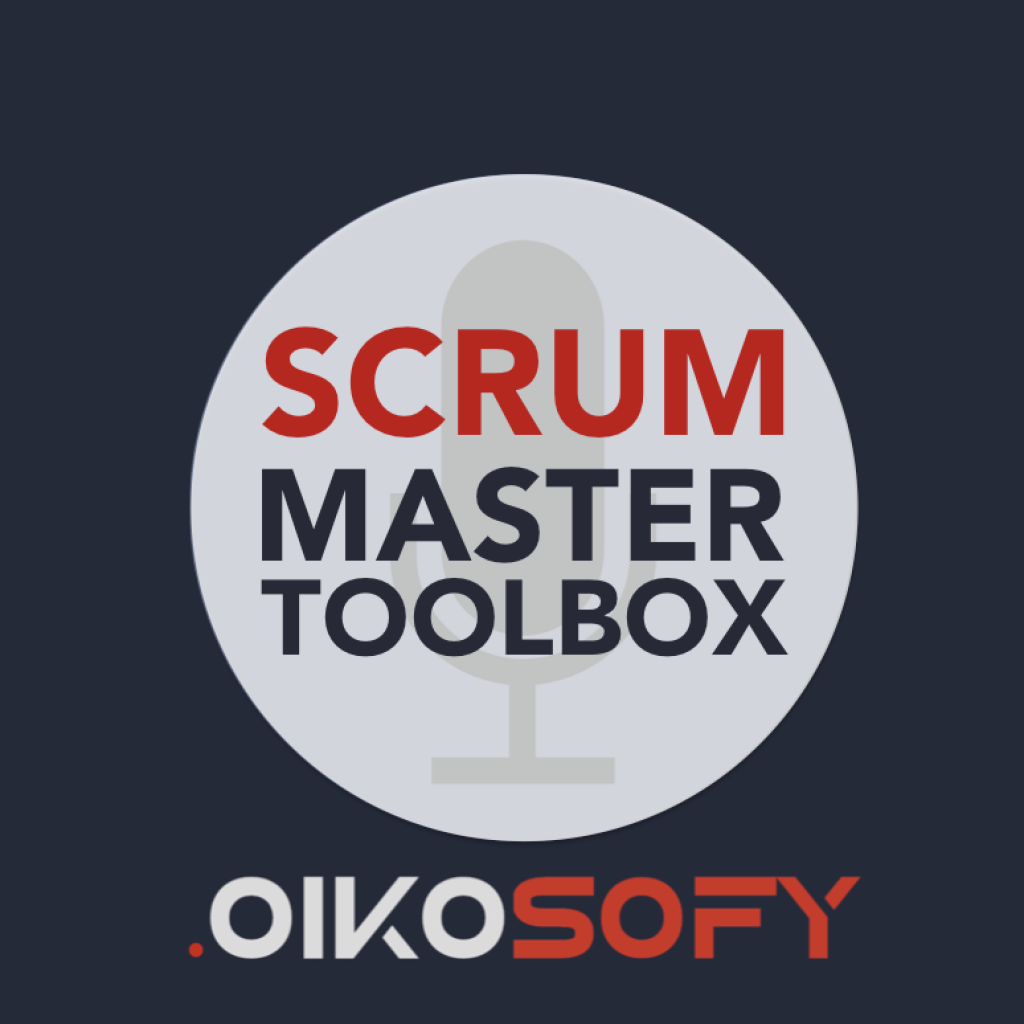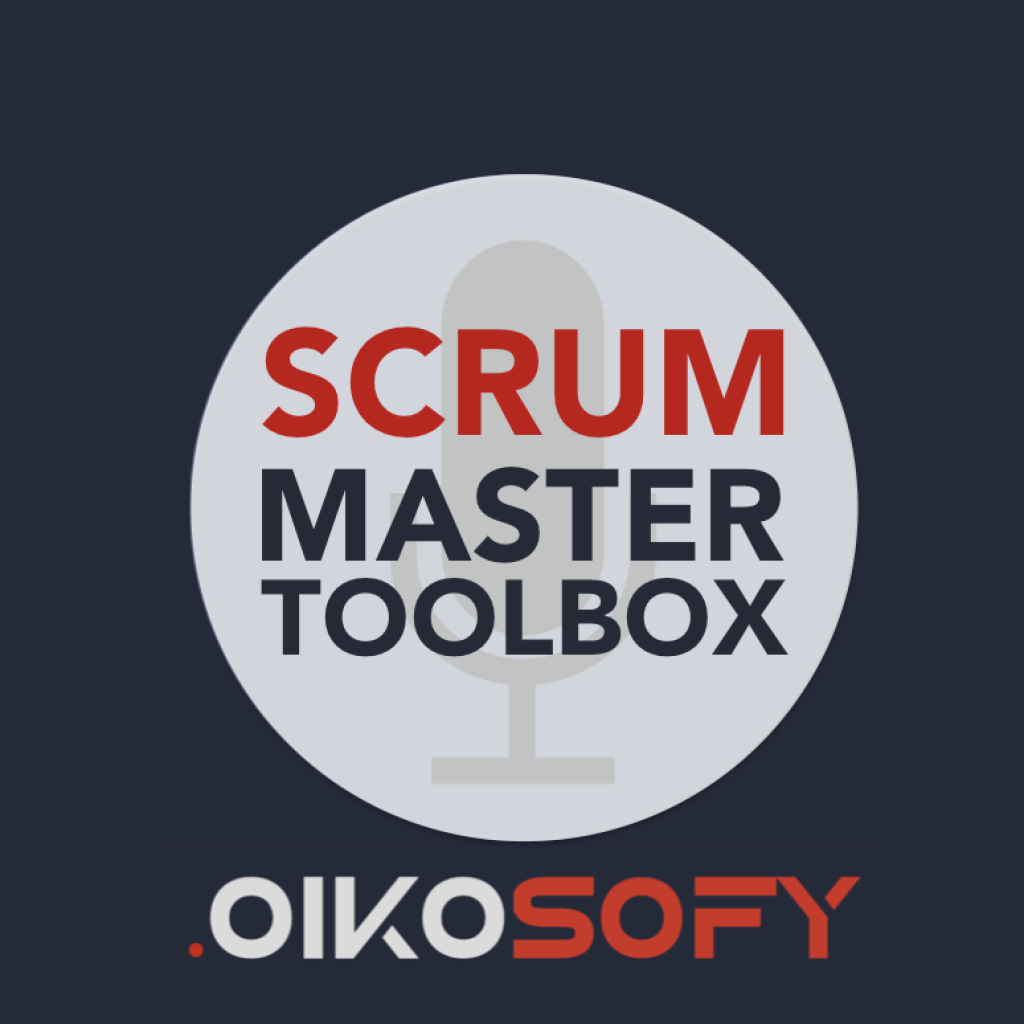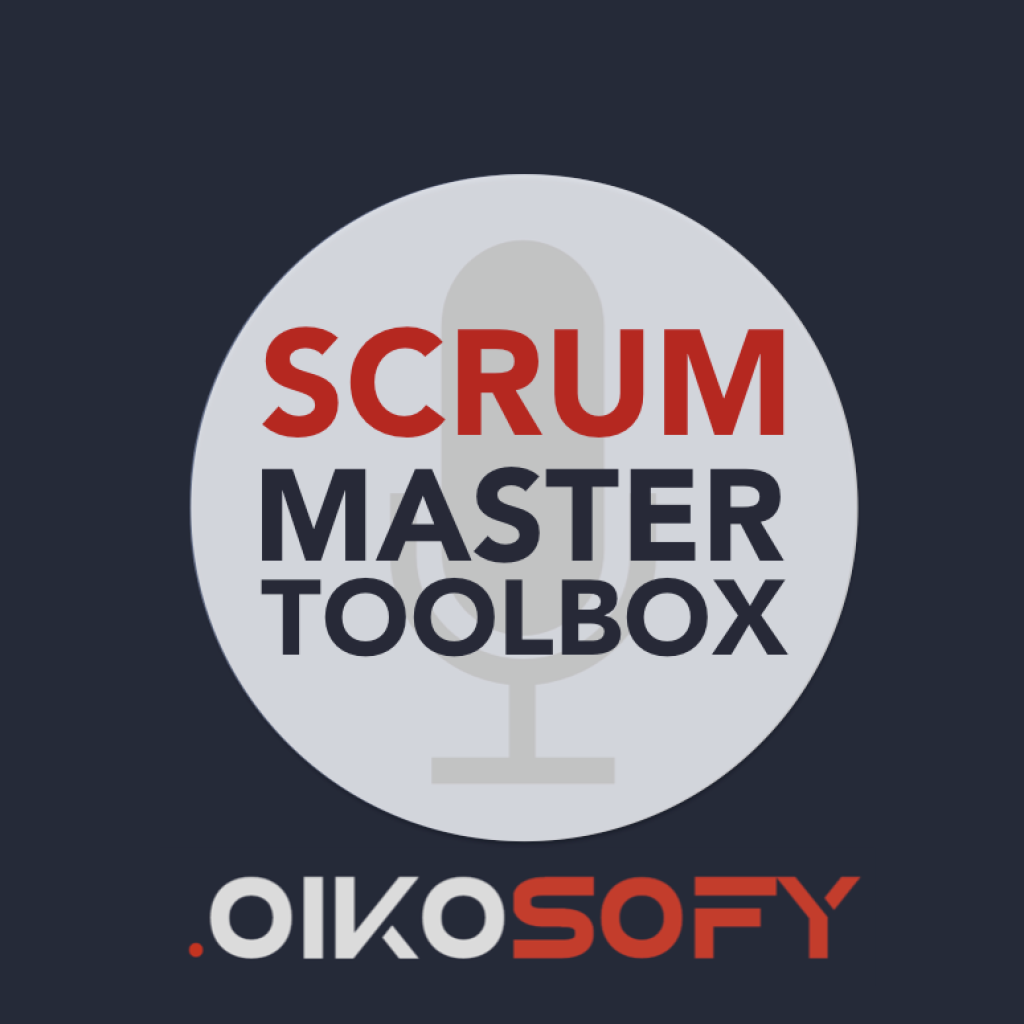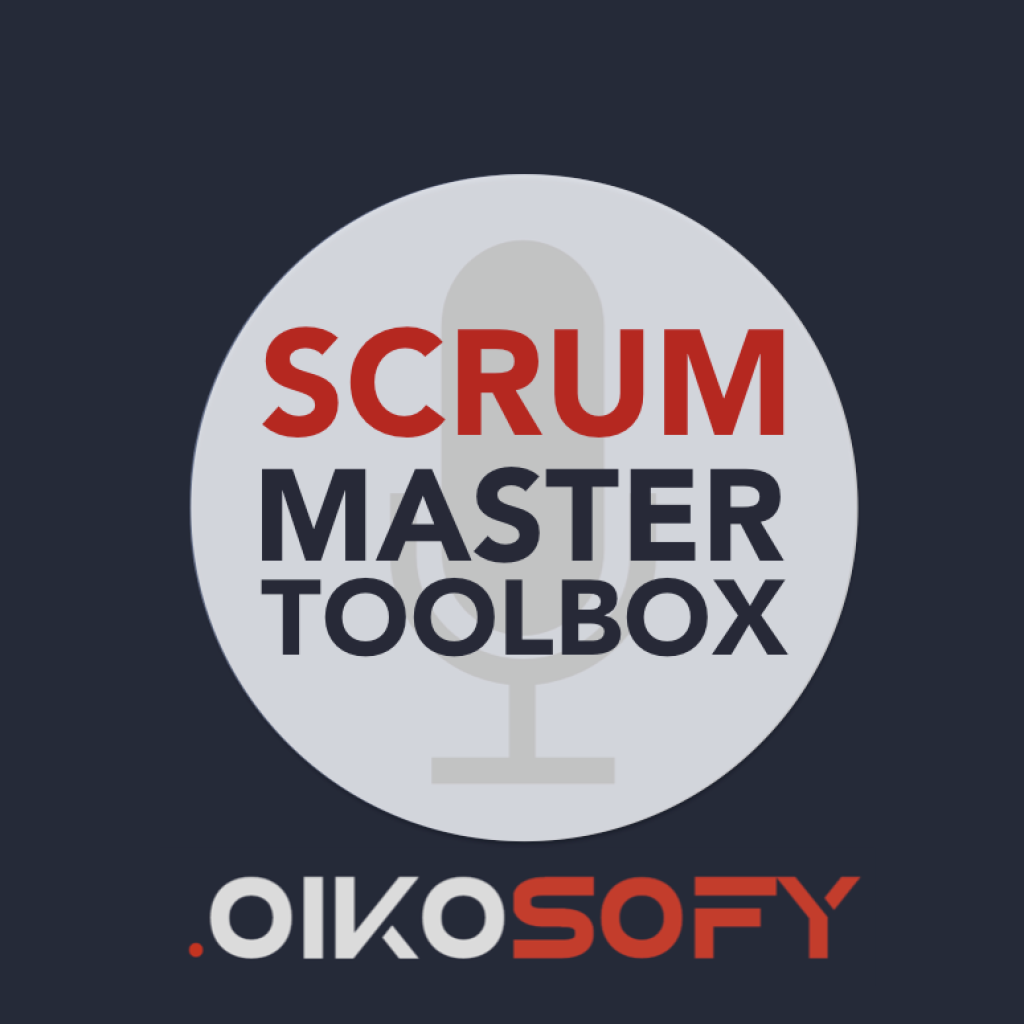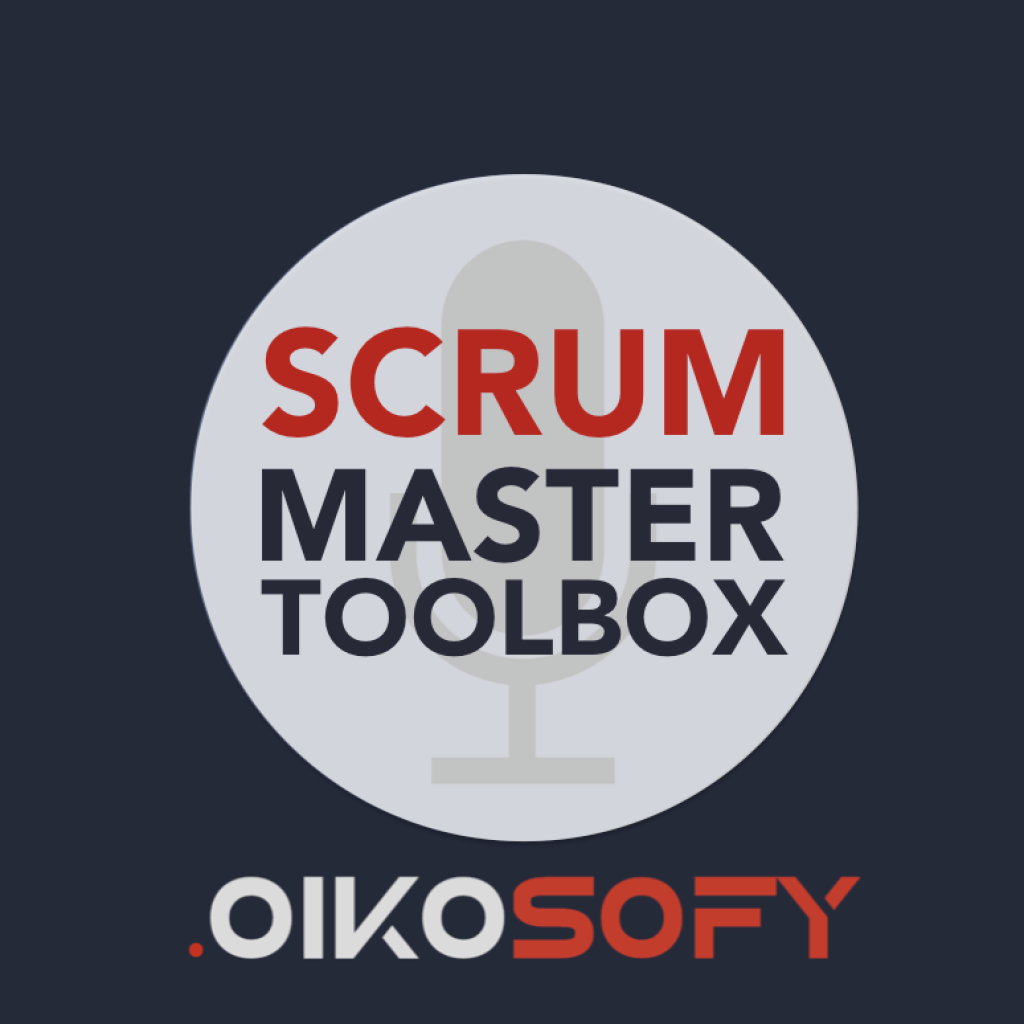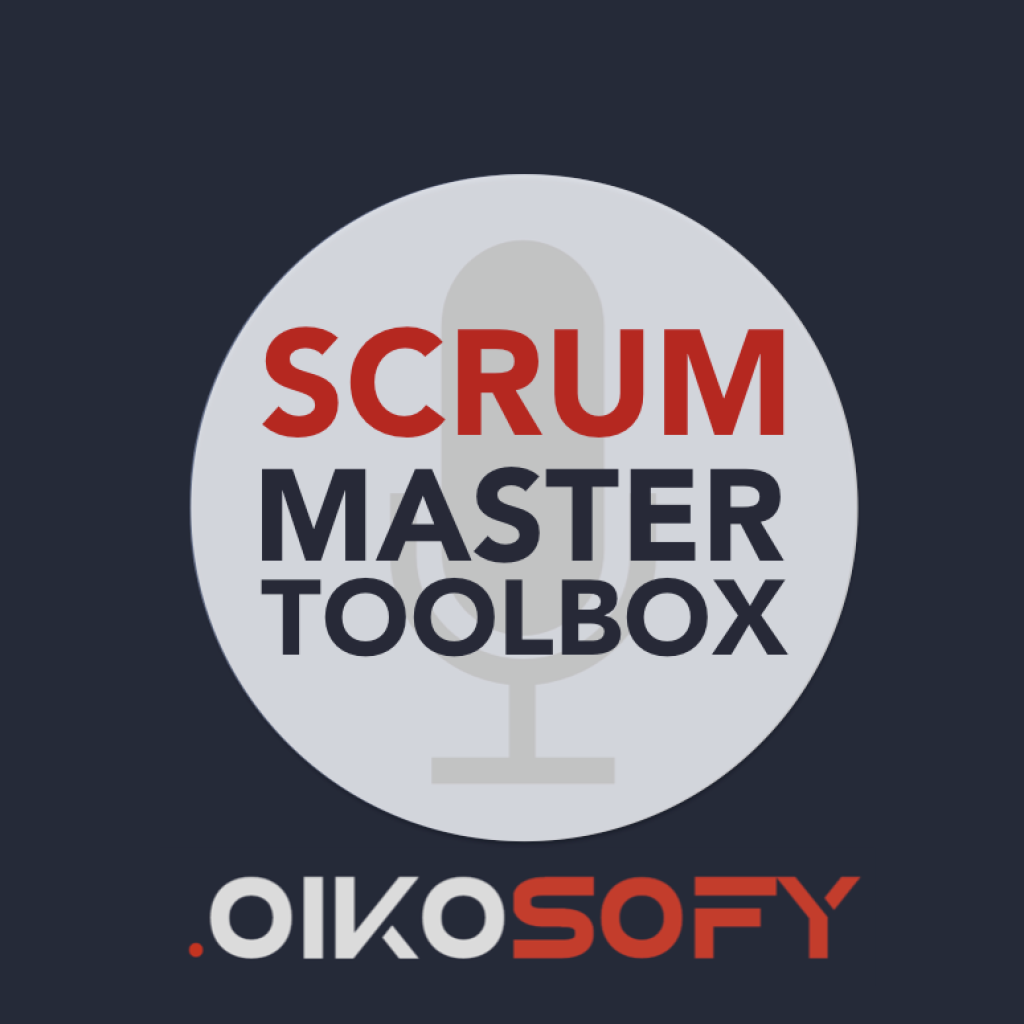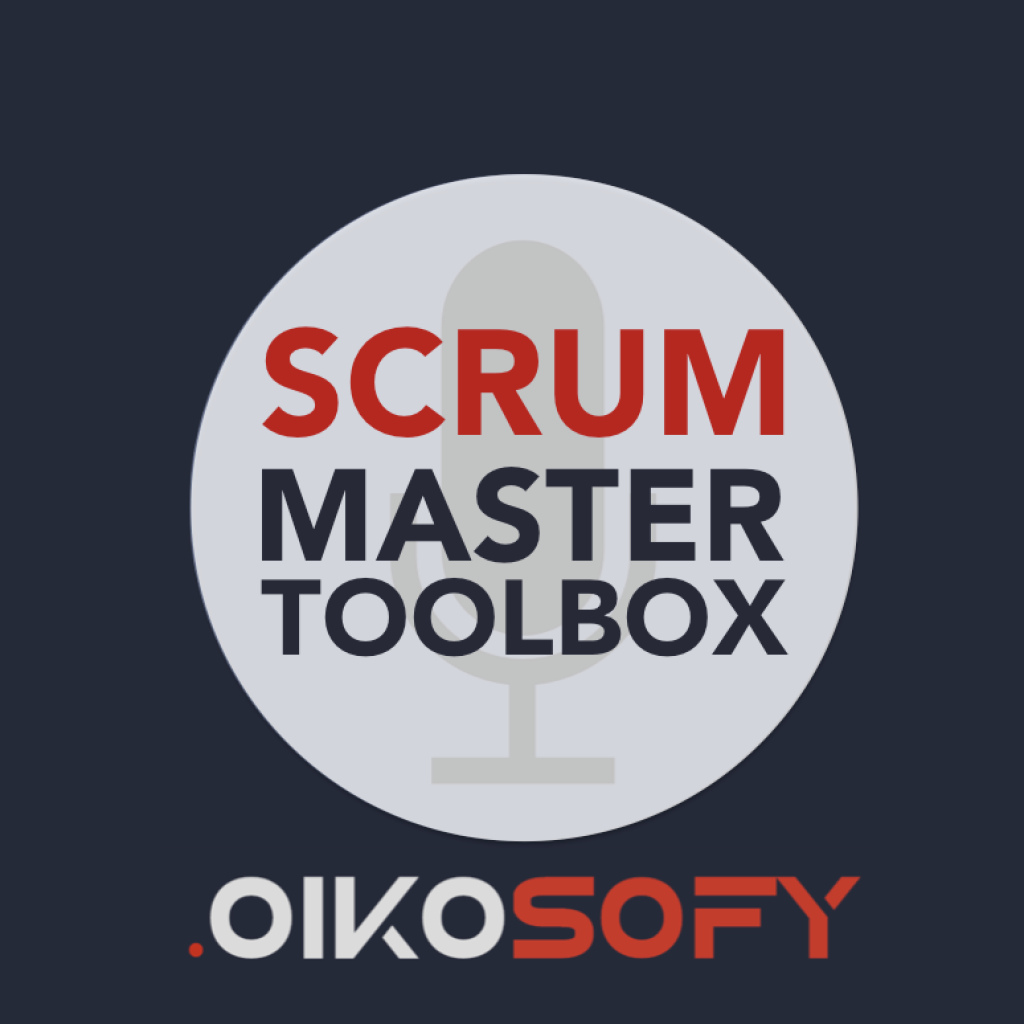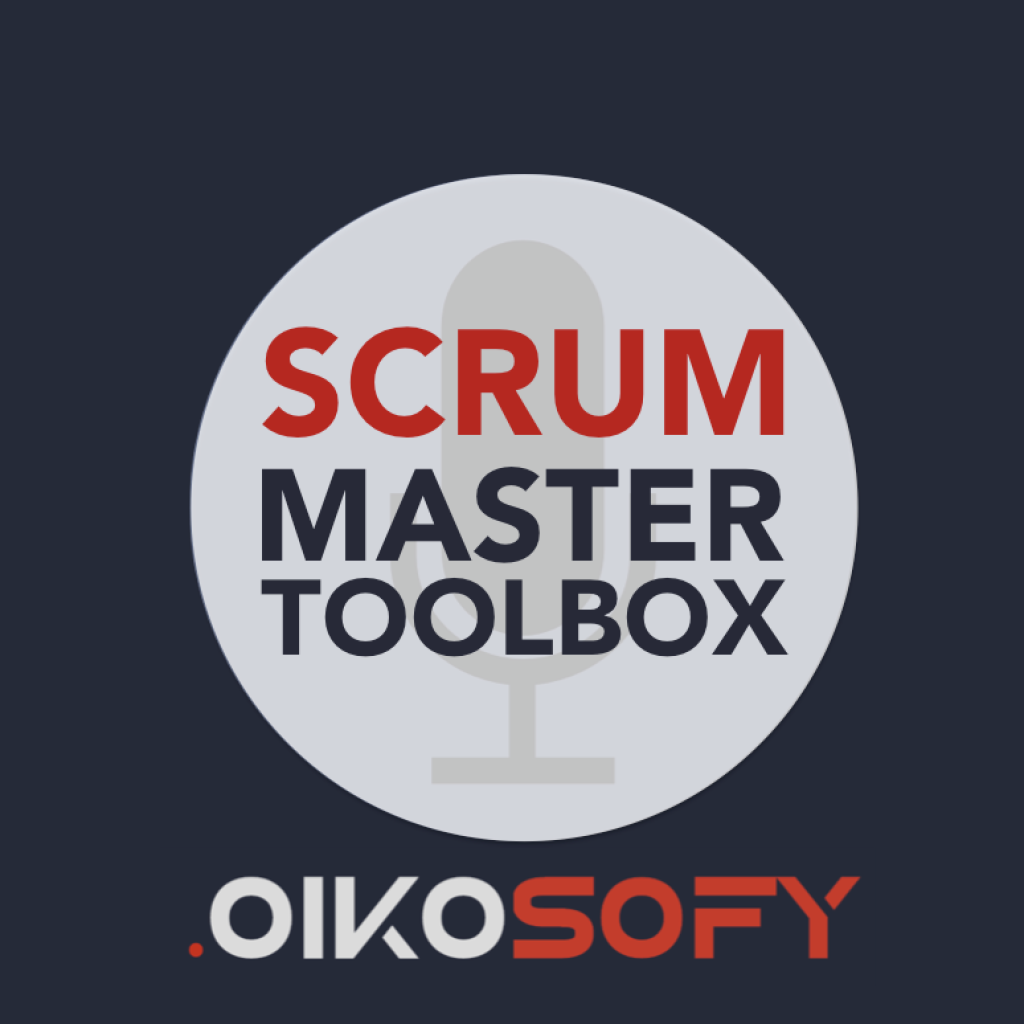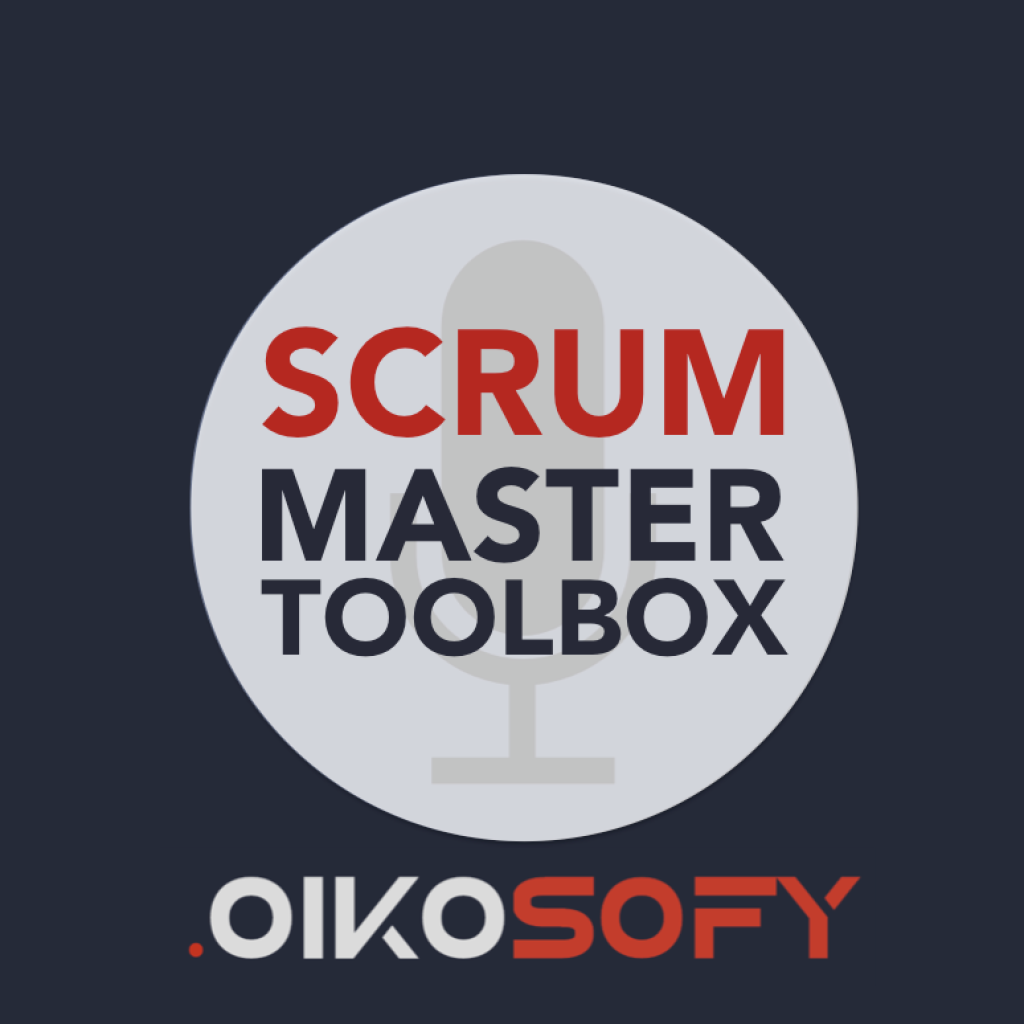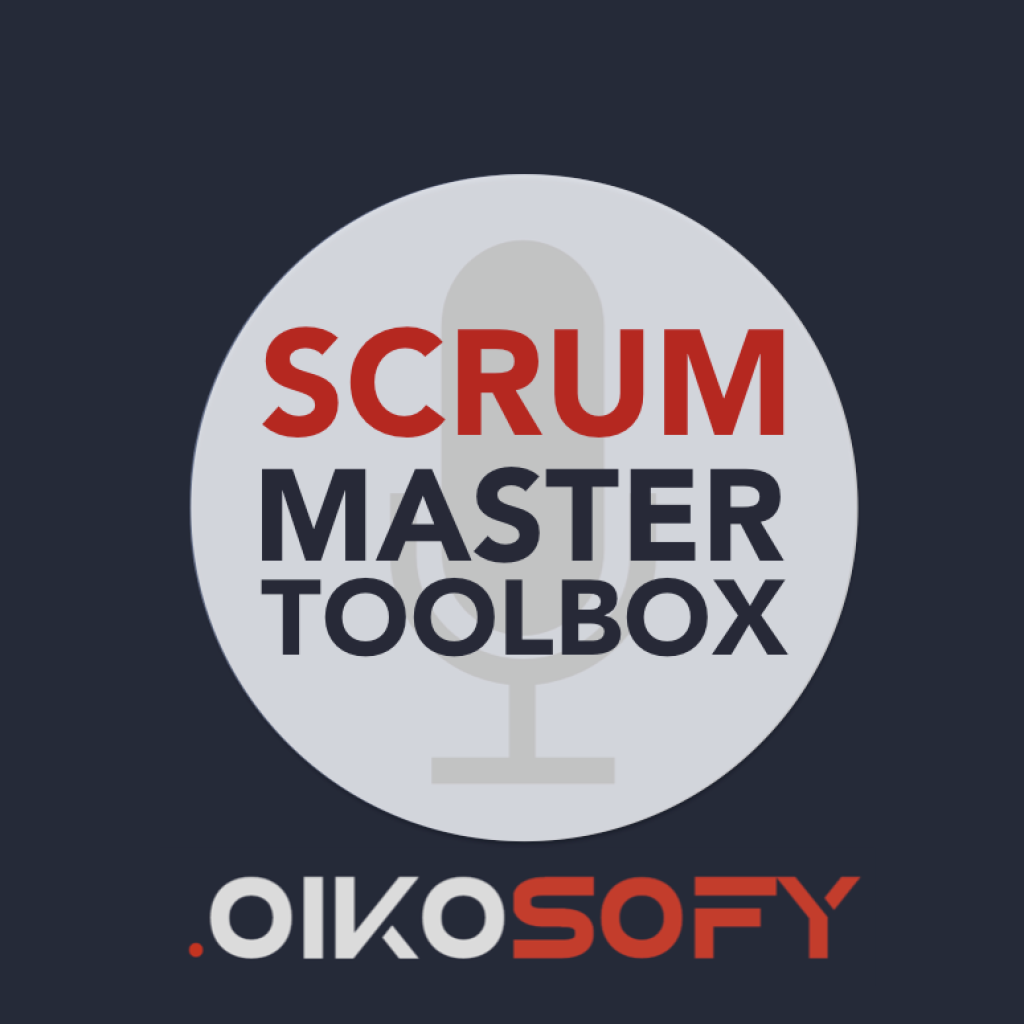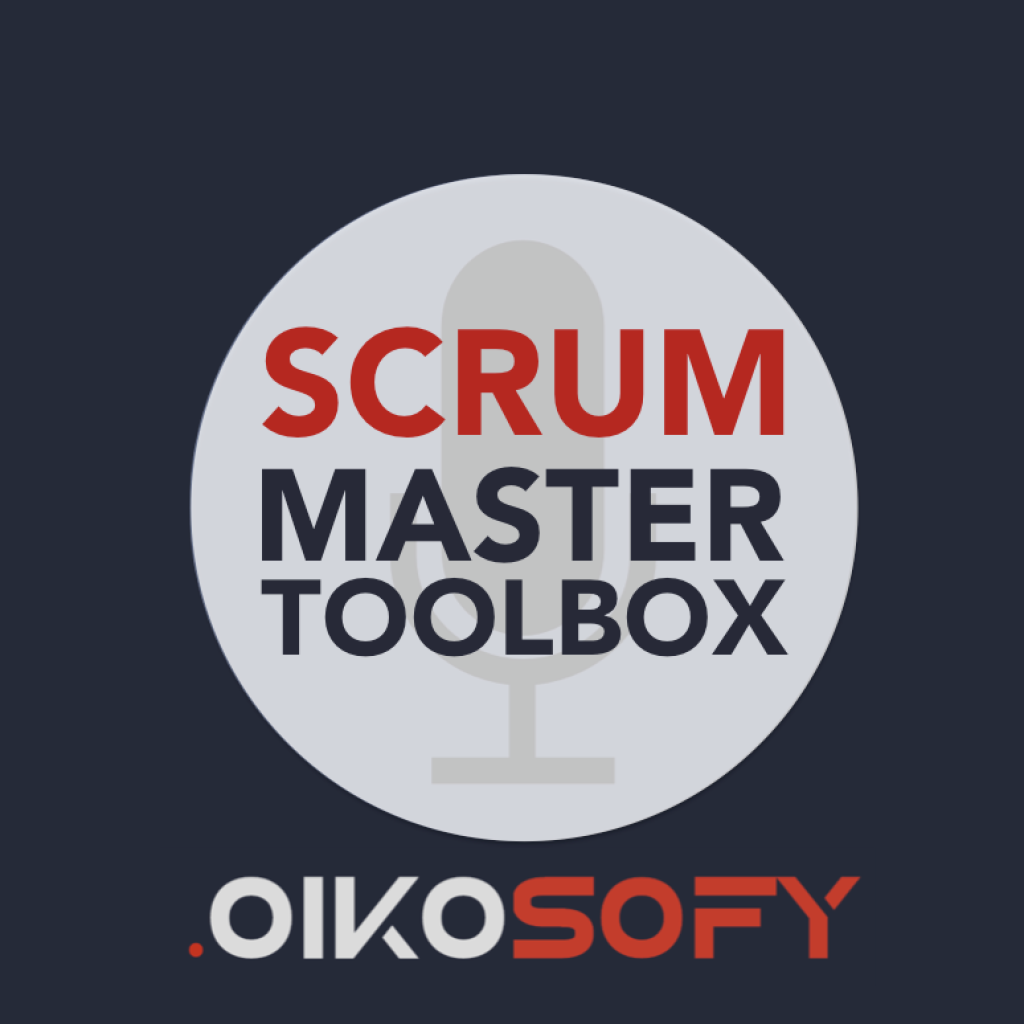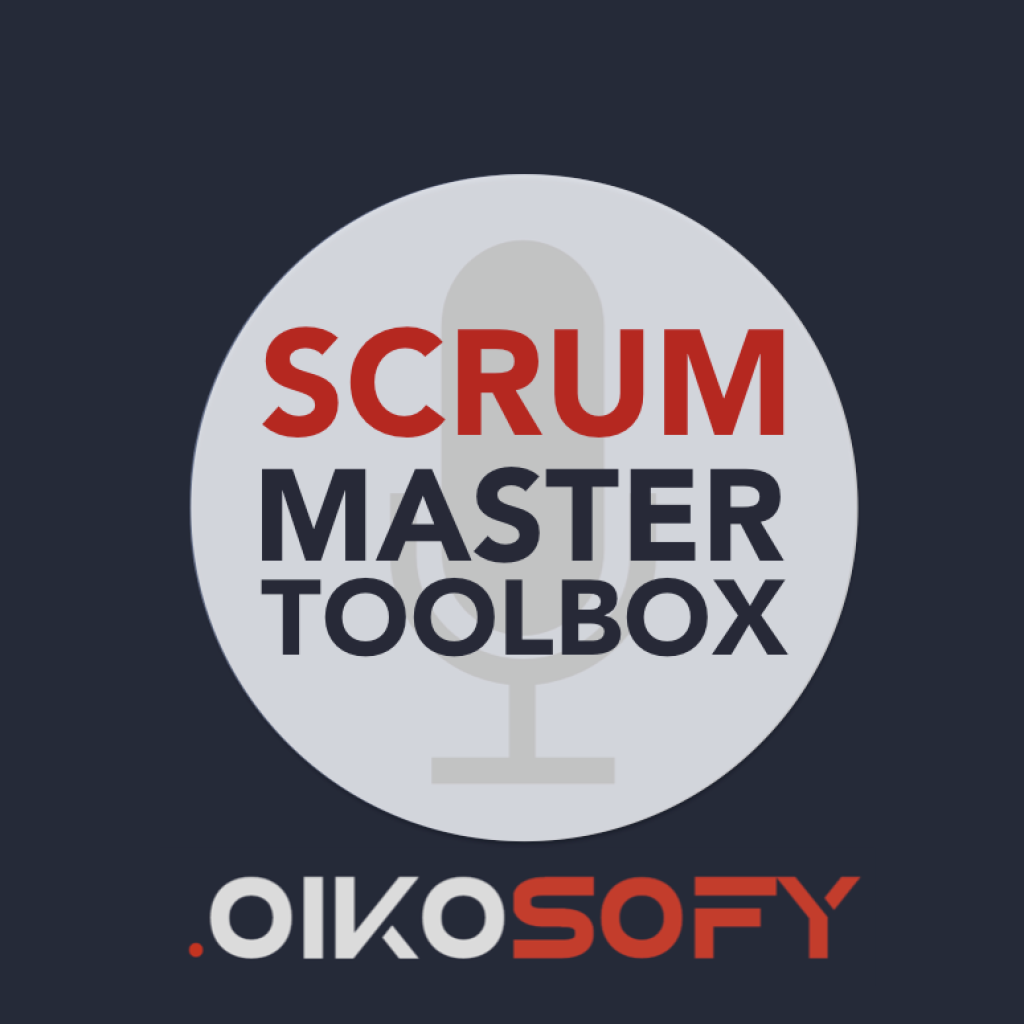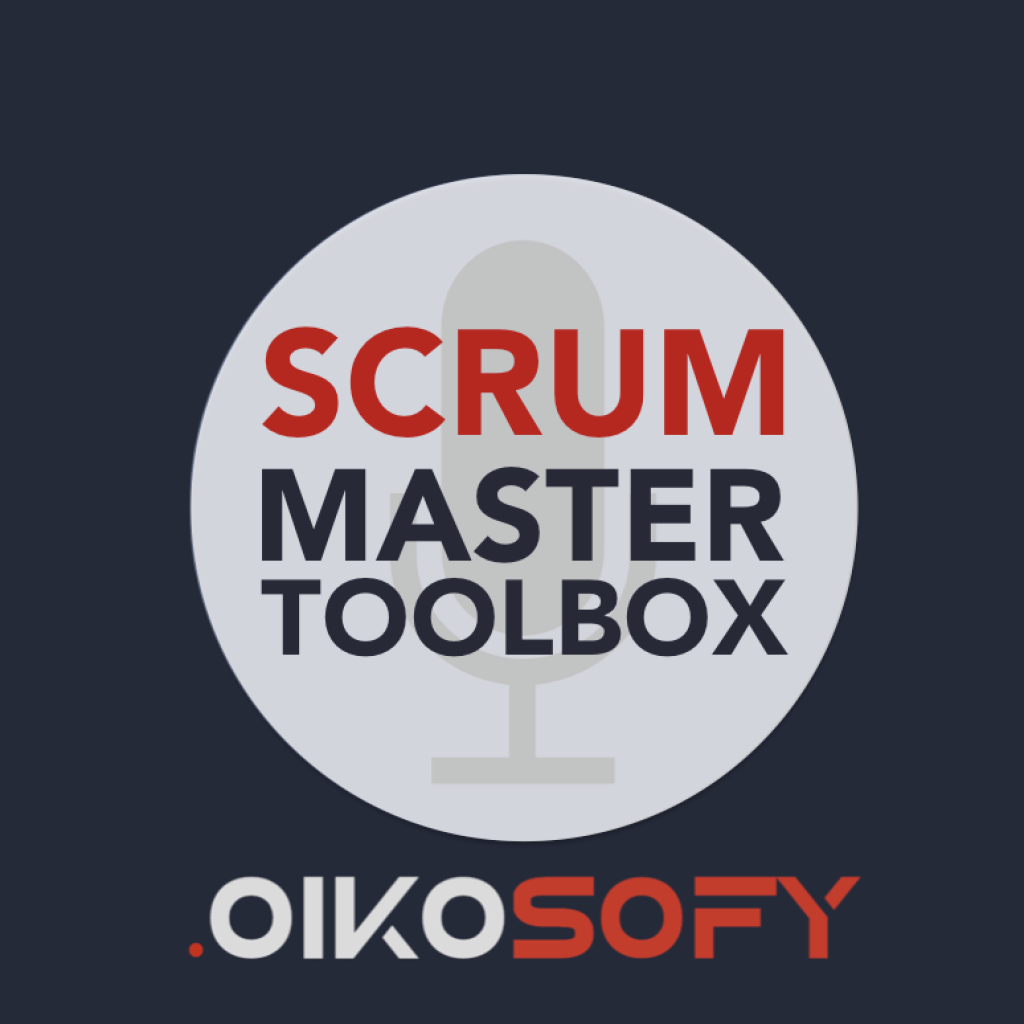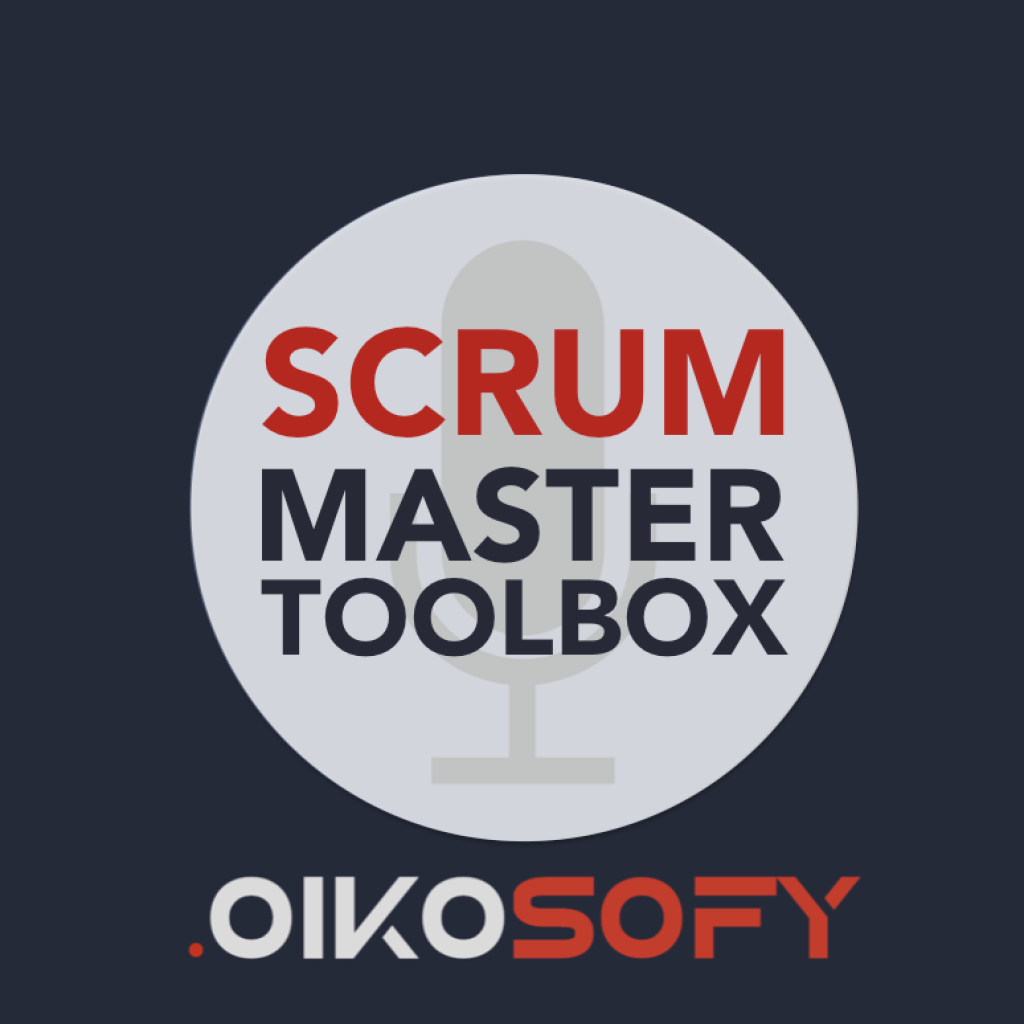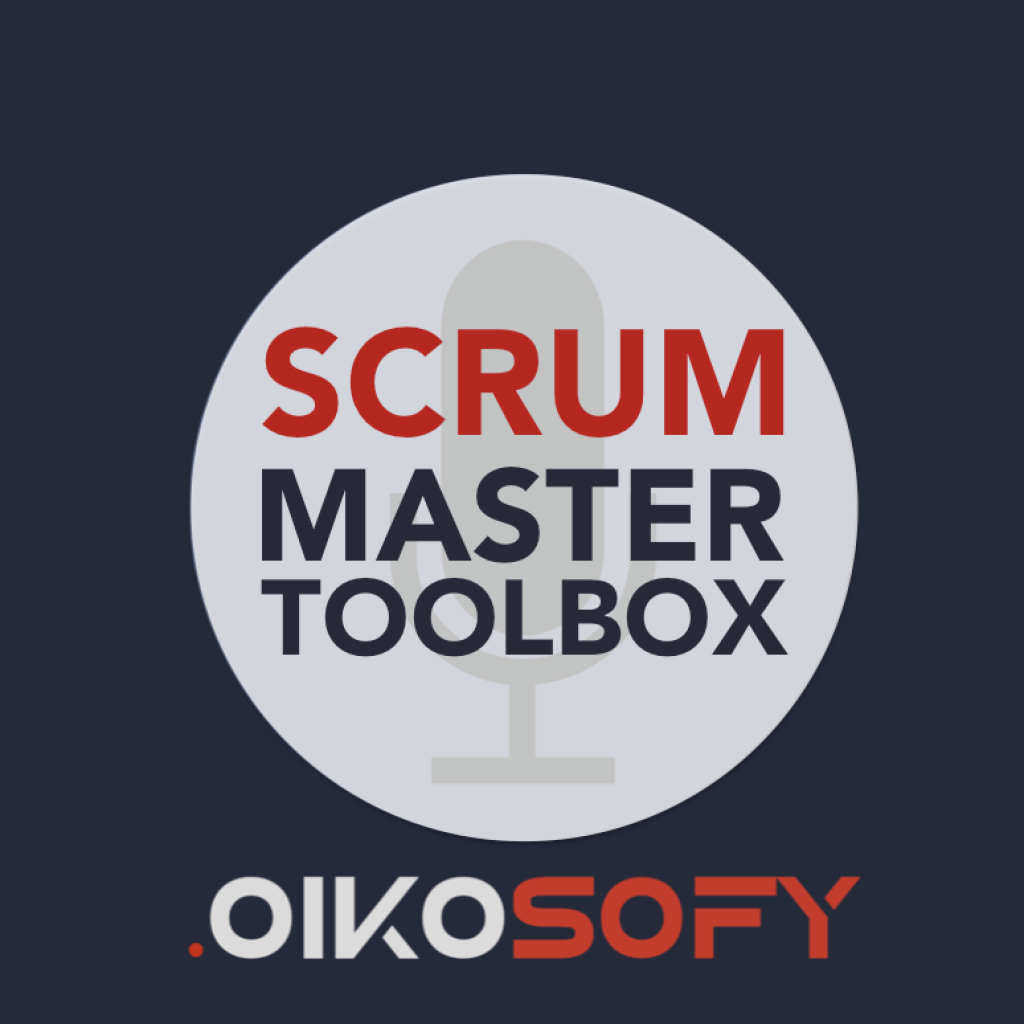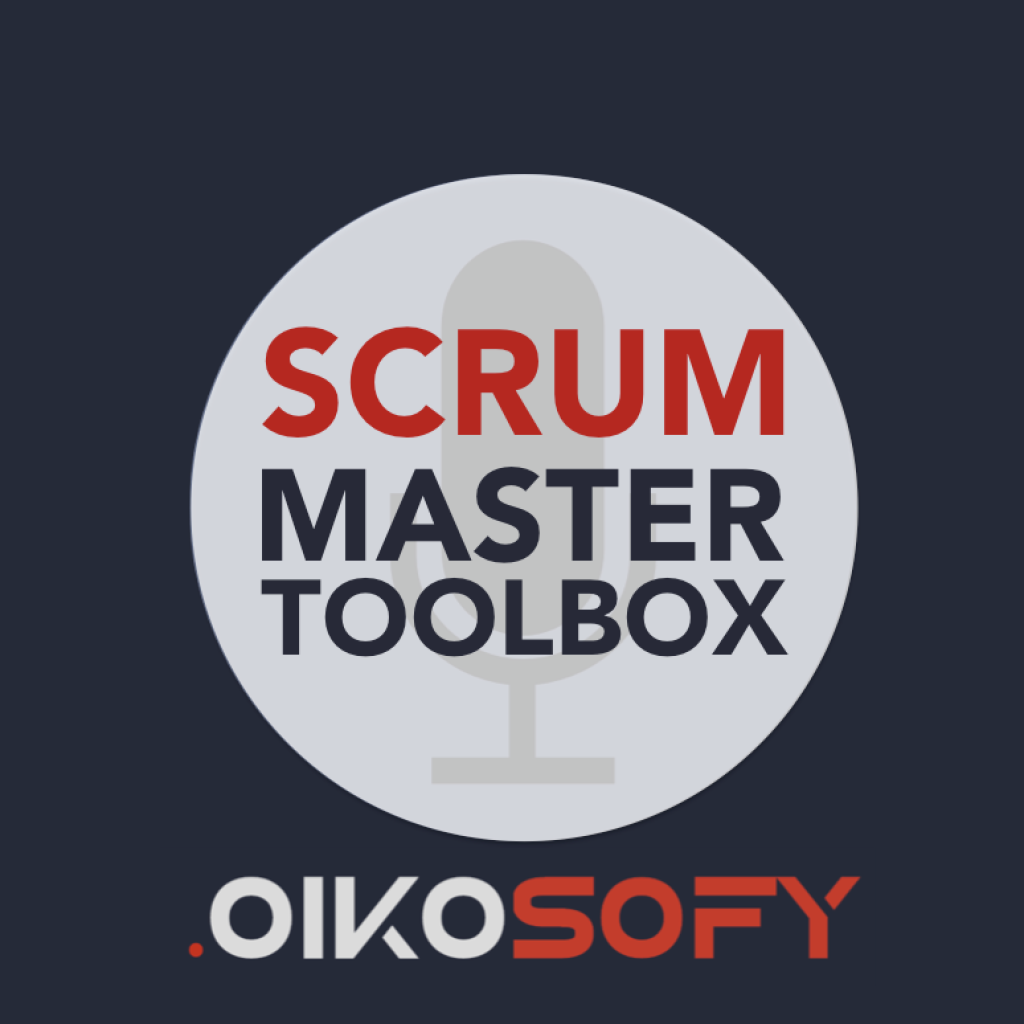BONUS: Consulting is Different—How Consulting Contracts Work Against Agile Development | Jakob Wolman, Wilko Nienhaus
Description
BONUS: Consulting is Different—How Consulting Contracts Work Against Agile Development, With Jakob Wolman and Wilko Nienhaus
In this BONUS episode, we explore the critical differences between building software as a consultant versus inside a product company. Jakob Wolman contributed an insightful article to the Global Agile Summit book examining how third-party software development operates under entirely different constraints than in-house product development. Joined by Wilko Nienhaus, CTO of Vaimo, a consulting company in Estonia, we dive into ownership dynamics, misaligned incentives, contracting challenges, and the business pressures that shape consulting—along with practical stories from the field about what really works.
The Cobbler's Shoes Problem
"I come back to the office from this workshop, and suddenly, with these eyes on looking for improvements in process, I just suddenly am hit by this revelation of why things are so slow here? Why are we working so inefficiently?"
Jakob describes the striking paradox many consultancies face: they excel at helping clients improve their processes while their own internal operations remain inefficient. This "shoemaker's children" phenomenon reflects a fundamental challenge in consulting—the difficulty of investing in your own improvements when all energy flows toward billable client work. Digital agencies often have outdated or poorly implemented websites despite building sophisticated solutions for others, illustrating how consultancies struggle to apply their own expertise internally.
Misaligned Incentives Create Antagonistic Dynamics
"It's almost as if the clients are actually paying us to be slow, because our incentive is to spend more time on achieving what the client wants, because we get paid by the hour."
The incentive structures in consulting create inherent conflicts that don't exist in product companies. Consultants typically bill by the hour, creating a perverse incentive to spend more time rather than deliver efficiently. Meanwhile, clients pursue business outcomes and want results as quickly and cheaply as possible. This fundamental misalignment leads to:
-
Clients adopting a procurement mindset, treating software development like ordering from a catalog
-
A "wall" between stakeholders and development teams that's even stronger than in product companies
-
Antagonistic relationships where scope changes feel like financial traps rather than necessary learning
-
Contracting processes that reinforce waterfall thinking even when both parties claim to want agility
Wilko emphasizes that contracting has a huge impact on these dynamics, and companies must deliberately change their engagement models to break free from these patterns.
The Budgeting Trap and Specification Overload
"Because of this budgeting process where you now need to moti

